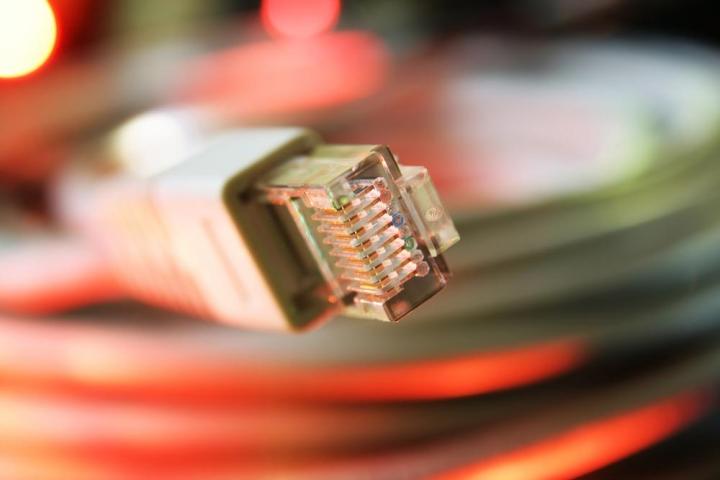
Cablevision, Verizon and Time Warner were contacted by the attorney general’s office on Friday, and informed of concerns that consumers aren’t receiving advertised broadband speeds. The issue of higher priced packages not delivering proportionally better service was also raised, according to a report from the The Wall Street Journal.
“It turns out, many of us may be paying for one thing, and getting another,” said Attorney General Eric T. Schneiderman in a statement released by his office. The three companies being scrutinized have each asserted that their services are properly priced, and each will co-operate with the investigation.
The inquiry will be led by Tim Wu, the lawyer and professor known for coining the term “net neutrality.” Wu was appointed as a special adviser to the attorney general’s office last month, with technological matters such as this one falling squarely into his wheelhouse.
To begin with, the investigation will focus on a large quantity of documents requested from the three companies being inspected. These papers include copies of all customer complaints relating to advertised broadband speeds not being delivered, as well as details of any “interconnection” deals between the companies and third parties.
It’s too early to say what the findings of this investigation will be, but hopefully it will prove to be a step toward fair broadband pricing for all. The Internet is only set to become a more essential service for households in the United States and further afield, so it’s crucial that the proper work is done to ensure its being provided properly.
Editors' Recommendations
- Google Fiber is bringing high-speed internet to five new states
- New York Attorney General and Zoom reach agreement on privacy concerns
- U.K. internet service providers lift caps on broadband data
- Testing Sprint’s 5G speeds on the OnePlus 7 Pro 5G in New York City


